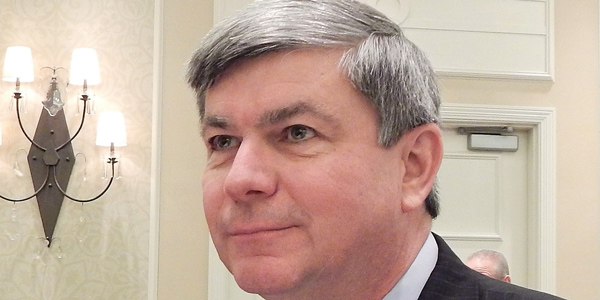By Tom Kleckner
DALLAS — SPP’s Mike Ross told the Strategic Planning Committee last week the industry can expect a future with less federal intervention under President Trump’s administration.
Ross, SPP’s senior vice president of government affairs and public relations, and a former six-term Democratic congressman from Arkansas, said he expects Trump to quickly issue an executive order withdrawing from the Paris Agreement on climate change.
“I believe the Clean Power Plan will be rolled back through whatever kind of legal thing they need, from executive order to rescinding the rule to simply not funding the [EPA]. Overall, I think you’ll see less regulation,” Ross said. “Everything in our industry will be regulated a lot less and pushed back to the states.”
Ross said he expects Trump’s opposition to the CPP to result in the delay of some coal plant retirements but not in new generator construction. “Quite frankly, I don’t think many companies are going to be spending millions of dollars to build a new power plant based on who the new president is,” he said.
He said he expects Congress to pursue legislation on cybersecurity and to review the Federal Power Act and RTO capacity markets. He also said there is some talk of FERC revisiting Order 1000.
Bloomberg reported last week that Trump will tap Commissioner Cheryl LaFleur as chairman of the commission, replacing Norman Bay.
FERC currently has three Democrats and two vacancies, but it will shift to a 3-2 Republican majority under Trump, so LaFleur’s appointment could be temporary.
Although Ross didn’t name names, he said potential appointees include those “who knew SPP very well and have been involved with SPP.”
Commissioner Colette Honorable’s term expires June 30, but Ross said there’s a chance she might be re-nominated. (See CPP, FERC’s Bay, Honorable Among Losers in Trump Win.)
“She’s pro-coal,” he said of Honorable, who previously chaired Arkansas’ Public Service Commission. “The last coal plant in America [AEP subsidiary Southwestern Electric Power Co.’s John W. Turk Jr.] was built in Arkansas, and she voted for it.”





